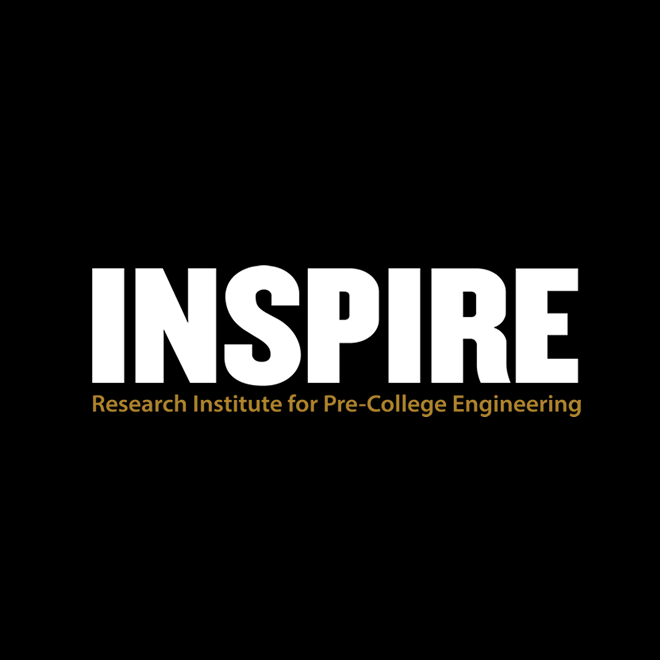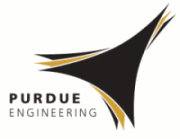Abstract
The goal of this study was to examine how the use of a new instructional model is related to changes in middle school students’ engineering identity. The intent of this instructional model, which is called argument-driven engineering (ADE), is to give students opportunities to design and critique solutions to meaningful problems using the core ideas and practices of science and engineering. The model also reflects current recommendations found in the literature for supporting the development or maintenance of engineering identity. This study took place in the context of an eighth-grade science classroom in order to explore how middle school students’ engineering identities change over time as they become more familiar with engineering core ideas and practices. One hundred students participated in this study. These students completed three design tasks during the school year that were created using the ADE instructional model. These students also completed a survey that was designed to measure two important aspects of an engineering identity (recognition and interest) at three different time points. The results of a hierarchical linear modeling analysis suggest that students’ ideas about how they view themselves and others view them in terms of engineering did not change over time and their reported interest decreased from one survey to the next. The difficulty of the design tasks and the ways teachers enacted the instructional model are proposed as potential explanations for this counterintuitive finding.
Recommended Citation
Chu, L.,
Sampson, V.,
Hutner, T. L.,
Rivale, S.,
Crawford, R. H.,
Baze, C. L.,
&
Brooks, H. S.
(2019).
Argument-Driven Engineering in Middle School Science: An Exploratory Study of Changes in Engineering Identity Over an Academic Year.
Journal of Pre-College Engineering Education Research (J-PEER), 9(2), Article 6.
https://doi.org/10.7771/2157-9288.1249
Included in
Curriculum and Instruction Commons, Engineering Education Commons, Science and Mathematics Education Commons, Secondary Education Commons


